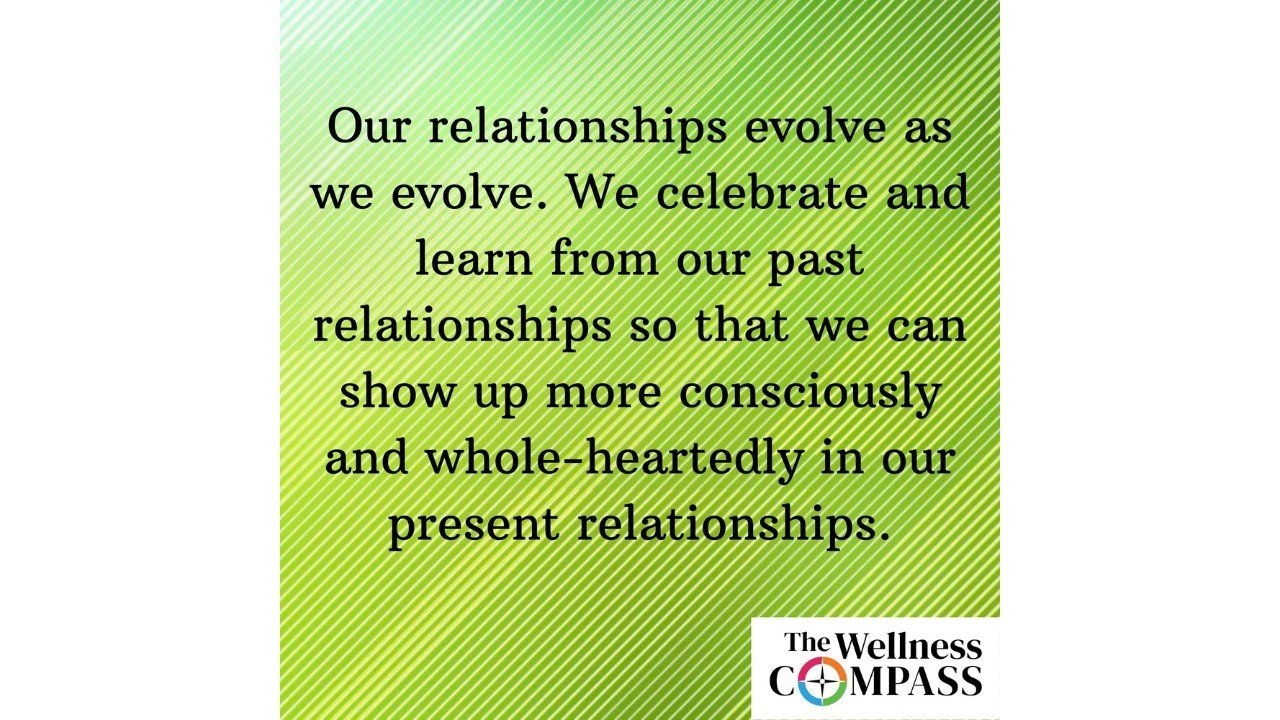Family of Origin, Family of Creation
As we prepare to celebrate Mother’s Day, it seems like a good time to reflect on the two concepts of family of origin, and family of creation, topics that we talk about a great deal with people in our work as marriage and family therapists.
Our family of origin is the constellation of relationships in which we were raised. One way to think about it is that it is the school of life that we were enrolled in for the first eighteen years or so of our lives. We learned many life lessons in that school. Our teachers did their best to teach us what they knew.
When we work with clients, we hear the full range of reactions to what people experienced in their family of origin. Some want to take and repeat most things they experienced in that family. Others feel differently and commit to patterning their adult lives in ways that are not at all similar to how they were raised.
The concept of family of creation, on the other hand, is used to describe the web of relational bonds we form as adults. Children have little agency to change the patterns of the relational bonds in which they are raised. Adults, however, have much greater freedom to co-create the relational patterns in their lives. The relational bonds we form as adults are constantly evolving. And one of the gifts of growing older is that we can both nurture and deepen the relationships we currently have and embrace the many opportunities that emerge to form a continually expanding network of new relational bonds.
Research and experience teach us that we will tend to repeat the relational patterns we learned in childhood unless we make a conscious and intentional effort to change them. For example, suppose you or I were raised in an environment where conflict was never openly discussed, or was often denied or swept under the rug. In that case, we are likely to repeat that pattern in our adult relationships unless we make a conscious effort not to do so.
Last week we wrote about curiosity, and so it is in that spirit we invite you to take some time to reflect on the lessons you learned in your family of origin, and this week in particular, from the formative women in your life. Take a moment to celebrate the best of what you experienced and that you carry with you into your present life. Also, please take a moment to observe how you have added to those lessons, or perhaps even let some of them go as you have chosen to do things quite differently from how you were raised.
And finally, be sure to take a moment to remember and appreciate the women who have been your teachers in this school we call life.
Making It Personal:
1. What are some of the most valuable lessons you learned in your family of origin that continue to inform who you are today?
2. What ways have you evolved that are different from what you experienced in your family of origin?
3. What opportunities are being presented to you right now to change or create new patterns in the relationships in your life?

